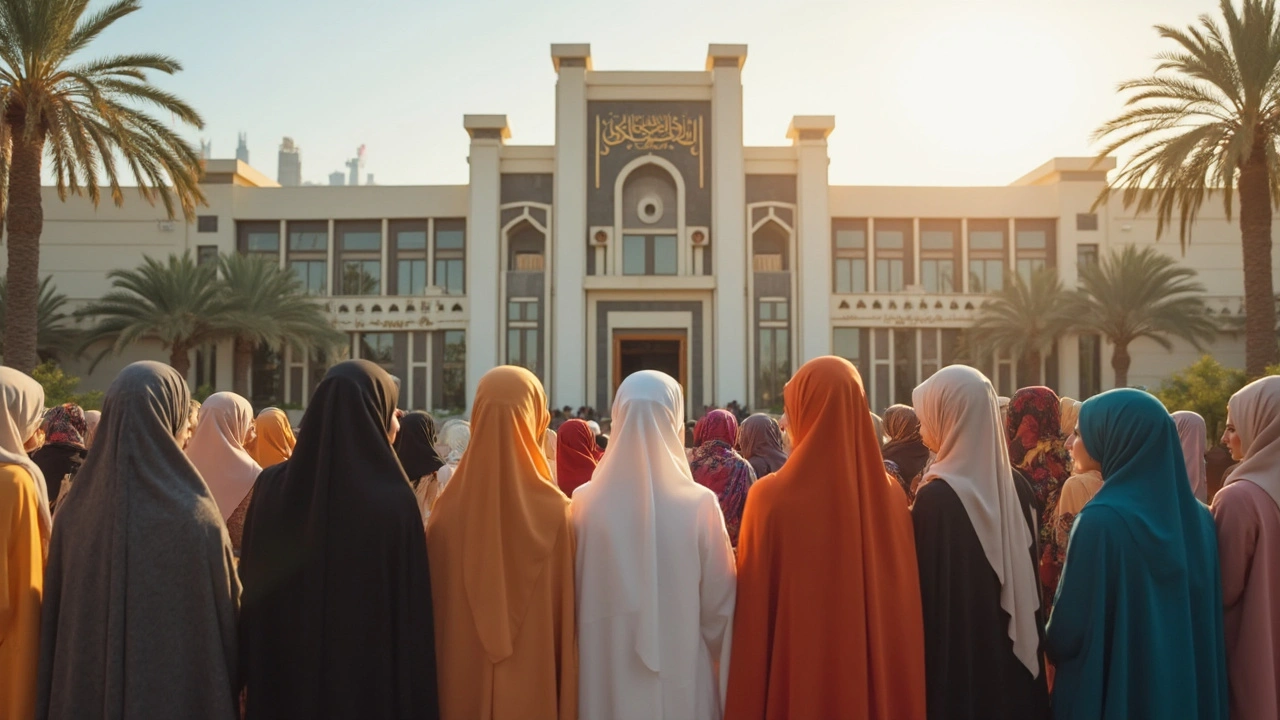Study Medicine in Dubai: What You Need to Know
If you’re dreaming of a medical career and love the idea of living in the Gulf, Dubai is worth a look. The city mixes modern hospitals with world‑class universities, so you can train with good facilities and still enjoy a vibrant lifestyle.
First thing to sort is the university. Dubai hosts three main schools that offer full MBBS or MD programmes: University of Dubai Medical College, Mohammed Bin Rashid University of Medicine & Health Sciences (MBRU), and the Gulf Medical University branch. All are recognised by the UAE Ministry of Education and the World Federation for Medical Education, which means your degree works in most countries.
Choosing the Right Medical School
Look at the curriculum style. MBRU follows a problem‑based learning approach, which is great if you enjoy case discussions and early patient contact. University of Dubai sticks to a more traditional lecture‑lab mix, ideal if you prefer structured teaching.
Check the language of instruction. English is the default for all three, but some programs also offer Arabic modules. If you’re an international student, English‑only tracks avoid extra language hurdles.
Clinical exposure matters. MBRU partners with Cleveland Clinic Abu Dhabi and several private hospitals, giving you hands‑on weeks throughout the five‑year course. Gulf Medical University links to Sharjah and Ajman hospitals, so you’ll rotate outside Dubai at times – useful for broader experience.
Accreditation is another checkpoint. Make sure the school is listed on the World Directory of Medical Schools; this helps you later when applying for residencies abroad.
Costs, Visa and Living Tips
Tuition ranges from AED 70,000 to AED 120,000 per year, depending on the university and whether you’re a local or expatriate. Scholarships exist, especially for high‑school toppers or students from partner schools, so ask the admissions office early.
Student visas are straightforward. Once you have an acceptance letter, the university sponsors a residence visa that lasts the length of your study. You’ll need a valid passport, health insurance, and proof of funds (about AED 10,000 per month) to satisfy immigration.
Living costs vary by area. If you pick a campus near Al Barsha or Deira, shared apartments cost around AED 2,500‑3,500 per month. For a bit more comfort in Marina or Downtown, expect AED 5,000‑7,000. Public transport (Metro, buses) is cheap and covers most university routes.Don’t ignore cultural norms. Dress modestly in public, respect prayer times, and avoid alcohol on campus. Most universities have separate areas for male and female students, which helps maintain a comfortable environment.
Finally, think about post‑graduation. Dubai’s health sector is growing fast, and hospitals often hire local graduates for residency spots. If you want to work abroad, the UAE’s medical board can help you with certification exams.
Bottom line: studying medicine in Dubai gives you solid training, modern facilities, and a chance to live in a dynamic city. Do your homework on schools, budget for tuition and housing, and sort the visa early. With the right plan, you’ll be on track to become a doctor while enjoying everything Dubai has to offer.
Dubai Medical College for Girls: Study Medicine in the UAE

Dubai Medical College for Girls: Study Medicine in the UAE
Discover all about Dubai Medical College for Girls—from admission tips to student life, academics, and career prospects. Learn why DMCG stands out.